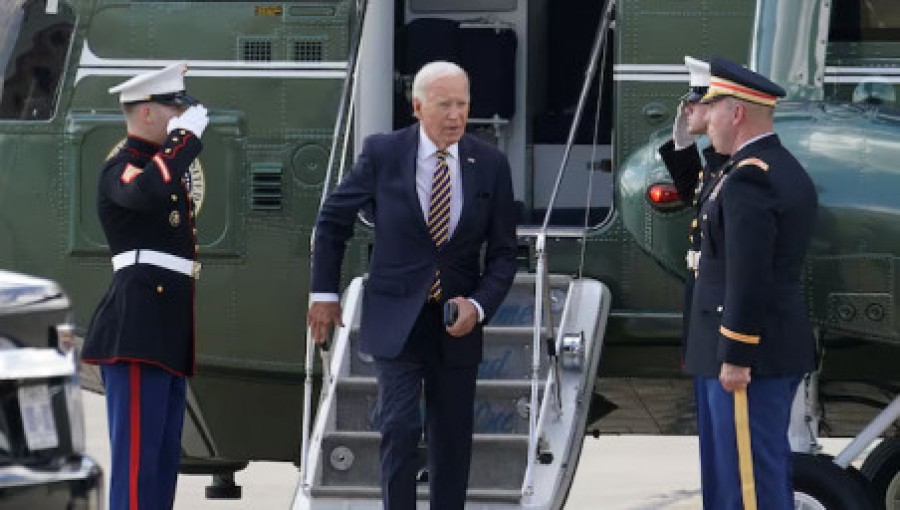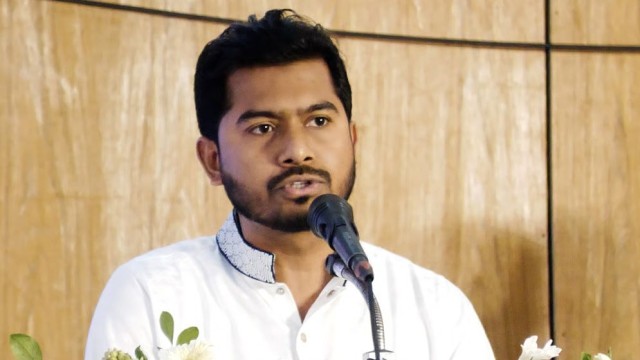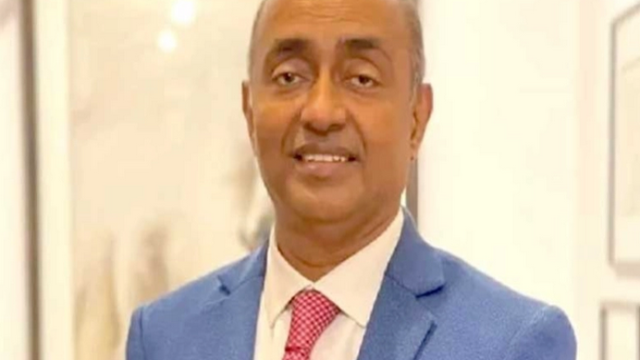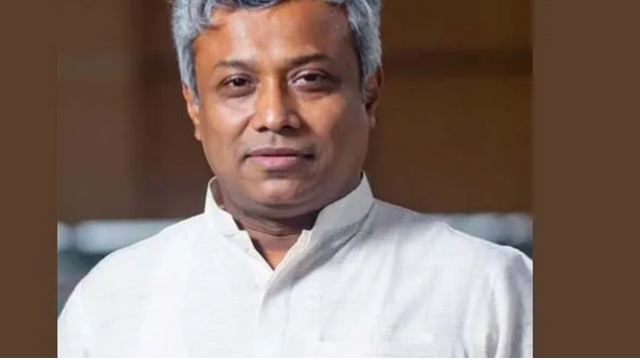Sept 22, V7N- The goal of the important summit that outgoing US President Joe Biden attended in Wilmington, Delaware, was to improve security measures in the Indian Ocean with officials from Australia, India, and Japan. In response to common worries over China's influence, the Quadralian group came together with the intention of strengthening collaboration and sturdier maritime security measures.
During the summit, the leaders announced plans to expand the Indo-Pacific Partnership for Maritime Domain Awareness, which was initially launched two years ago. This expansion will now include the Indian Ocean region, reflecting the growing importance of maritime security in the face of increasing tensions with China.
The Quad nations are set to conduct joint coast guard operations, allowing personnel from Australia, Japan, and India to collaborate aboard U.S. coast guard vessels. Additionally, there will be enhanced military logistics cooperation among the countries.While the White House emphasized that the Quad's initiatives are not aimed at any specific country, Biden opened the discussions with a briefing on China's evolving tactics and strategies in the region. He noted that Chinese leader Xi Jinping appears to be focusing on domestic economic challenges while seeking to assert China's interests more aggressively.
The Quad leaders' meeting comes amid heightened concerns regarding China's territorial claims in the South China Sea and East China Sea, as well as its stance on Taiwan. Analysts suggest that the new maritime security initiatives are intended to send a clear message to Beijing, indicating a shift in the Quad's focus towards security issues in response to China's actions.
In addition to security measures, the leaders discussed providing critical technologies to the Pacific Islands and Southeast Asia, areas that are increasingly seen as battlegrounds for influence between the U.S. and China. A health initiative aimed at combating cervical cancer was also part of the discussions, showcasing the Quad's commitment to addressing broader regional challenges.
As Biden prepares to leave office following the upcoming U.S. presidential election, the summit is viewed as a crucial step in institutionalizing the Quad's role in regional security. The meeting also comes at a time when both Biden and Japanese Prime Minister Fumio Kishida are nearing the end of their respective terms, emphasizing the importance of solidifying alliances before leadership changes.
The Quad has gained bipartisan support in the U.S., and its activities are expected to continue evolving as the geopolitical landscape shifts. Biden's assertion that "the group was here to stay" underscores the commitment of the member nations to maintain and strengthen their collaborative efforts in the face of emerging global challenges.































Comment: